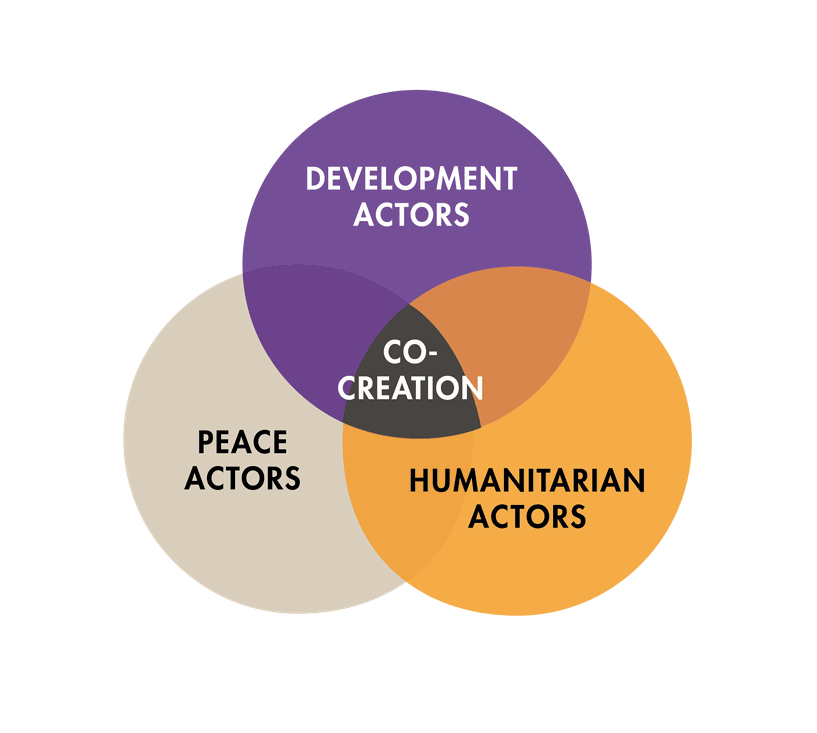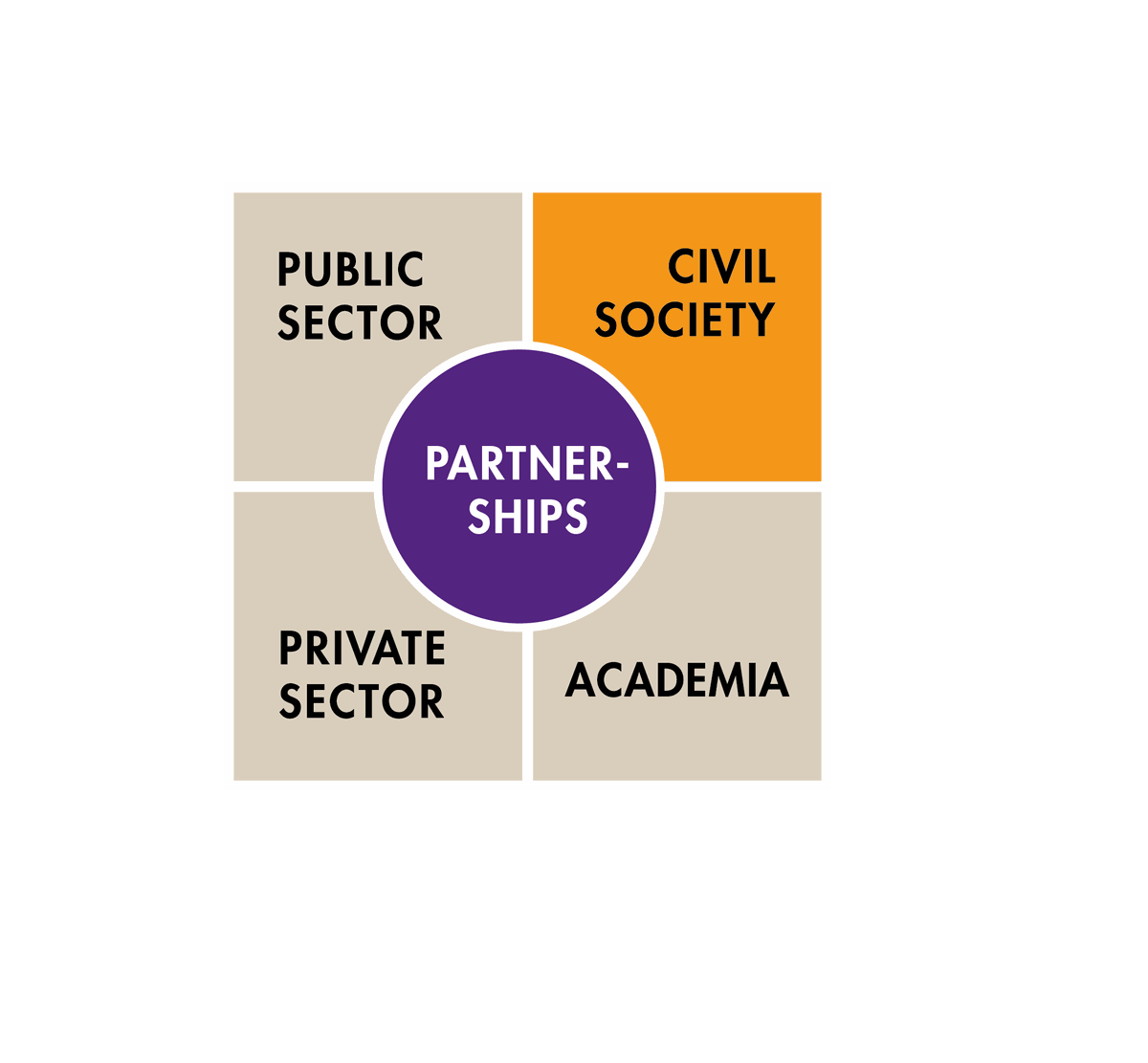EMERGENCY RELIEF, DEVELOPMENT AID AND PEACEBUILDING
In our work we follow the triple nexus approach in which humanitarian, development, and peace-building actors - each using their comparative advantage - pursue common collective outcomes through joint assessments, analysis, planning and programming. LM International has several such advantages. Our unique positioning, local presence and anchoring as well as the humanitarian expertise allow us to act fast and provide an effective response to the actual needs and demand. LM International is there before, during and after a disaster: our understanding of the context, actors, and the people on the ground facilitates an efficient design of humanitarian, emergency, or mobilisation response, with both right access and entry. We exhibit the resilience we preach – we remain on the ground when others don’t.


